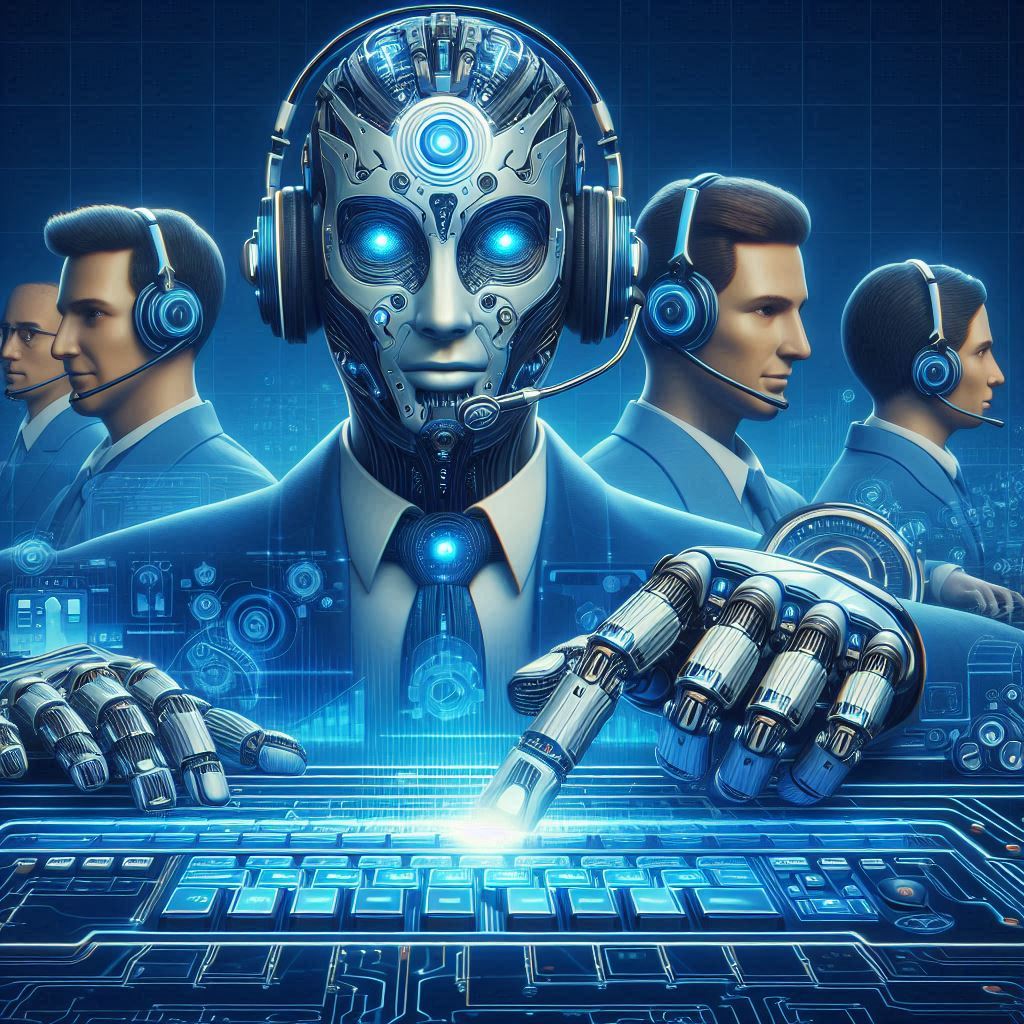Cutting Customer Service Costs With AI: How Automation Is Transforming Support Operations

By Dev Nag, CEO & Founder – QueryPal
Customer service is essential to every business, but maintaining it is also among the costlier departments. Companies have typically used large staffs to address queries, resolve issues, and guarantee customer contentment.
However, businesses are looking for smarter ways to provide good support and manage expenses since workers’ wages are rising while customers want more. Enter AI-powered automation. By adding AI-driven solutions to customer service, businesses can cut costs, improve operations, expand when needed, and be more available.
Essentially, automation is changing how customer support works. AI tools like chatbots can manage simple questions, making agents more efficient.
Reduced labor costs
Labor is undoubtedly one of the most critical expenses in customer service. Hiring, training, and managing a large support team requires investments, especially for businesses needing round-the-clock service. AI-powered automation handles repetitive tasks and cuts costs, allowing companies to use smaller teams to satisfy customers.
As a McKinsey report notes, AI automation can decrease customer service expenses by up to 40 percent by improving efficiency and reducing the workload of human agents. Virtual assistance and chatbots can instantly respond to many common questions, process refunds, and show customers how to fix issues, saving other employees from having to do those things.
Instead of cutting customer service jobs, AI allows companies to shift workers to more meaningful, important interactions. Agents can spend all their time on problem-solving, building many relationships, and keeping all customers instead of constantly dealing with those common questions.
Increased Efficiency and Scalability
Whenever demand greatly increases, traditional customer support groups may find it challenging to keep up. Due to recurring upticks, product debuts, and unanticipated issues, businesses regularly struggle to expand operations sufficiently without acquiring additional personnel. AI thoroughly addresses this problem by simultaneously handling countless inquiries, guaranteeing that all customers receive exceptionally timely replies, meaning businesses do not have to invest in a substantially larger staff.
AI-powered chatbots resolve nearly 80 percent of routine inquiries, according to Plivio’s research, freeing up employees’ time and dramatically improving efficiency. By automating these interactions, companies can speed up response times, lower the number of open tickets, and improve their overall quality of service.
To save money on support staff and keep wait times short during periods, businesses can forgo hiring temporary workers, which makes the transition to AI customer service scalable. Each customer is guaranteed speedy assistance because all AI systems possess the ability to scale up as needed, even when many people submit requests simultaneously.
24/7 availability
Keeping a complete customer service staff working 24/7 is costly. To avoid high costs and overtime, businesses can use AI automation to provide what their customers expect: all-day and night support.
Gartner forecasts that chatbots and virtual assistants will be the primary customer service channel by 2027, reducing how many human agents are needed to help customers during slower periods. Since businesses will rely on AI to help with routine customer needs, customers will always feel heard.
This not only dramatically helps how customers feel but also significantly brings down running costs. Rather than having to wait for appropriate business hours to resolve each issue and obtain answers, customers can get immediate support whenever they require it. AI can route each customer to human agents if needed, guaranteeing the personalized attention they seek.
Optimized Agent Utilization: Letting humans do what they do best
AI does not replace human agents. It helps them become more productive. By managing some requests and automating repetitive actions, AI allows support staff to focus on more meaningful conversations that require understanding, careful thought, and skills in problem-solving.
A Salesforce study states that 68 percent of service workers feel AI has genuinely helped them serve customers better. However, it’s important to note that AI doesn’t mean customers should lose the human touch in a company. AI filters out all routine inquiries, so support agents dedicate their time to more complex issues that require a personalized approach.
For example, AI can check customer feelings and prioritize urgent tickets, guaranteeing fast handling of urgent problems. It can also provide agents with real-time suggestions and knowledge-based advice, helping them resolve cases more quickly. The result? More satisfied customers.
The future of cost-effective customer support
AI-driven automation is now seen by businesses as a competitive edge and no longer just a future possibility. AI is making customer service simpler and less expensive by lowering payroll costs, improving efficiency, providing round-the-clock help, and optimizing agent utilization.
Companies can save a great deal of money and provide faster, smarter, and more tailored customer support by using AI in their support system. Because automation technology is constantly changing, businesses that invest in AI now will be ready to handle future customer needs.

Dev is the CEO/Founder at QueryPal. He was previously CTO/Founder at Wavefront (acquired by VMware) and a Senior Engineer at Google, where he helped develop the back-end for all financial processing of Google ad revenue. He previously served as the Manager of Business Operations Strategy at PayPal, where he defined requirements and helped select the financial vendors for tens of billions of dollars in annual transactions. He also launched eBay’s private-label credit line in association with GE Financial. Dev previously co-founded and was CTO of Xiket, an online healthcare portal for caretakers to manage the product and service needs of their dependents. Xiket raised $15 million in funding from ComVentures and Telos Venture Partners. As an undergrad and medical student, he was a technical leader on the Stanford Health Information Network for Education (SHINE) project, which provided the first integrated medical portal at the point of care. SHINE was spun out of Stanford in 2000 as SKOLAR, Inc. and acquired by Wolters Kluwer in 2003. Dev received a dual-degree B.S. in Mathematics and B.A. in Psychology from Stanford. In conjunction with research teams at Stanford and UCSF, he has published six academic papers in medical informatics and mathematical biology.